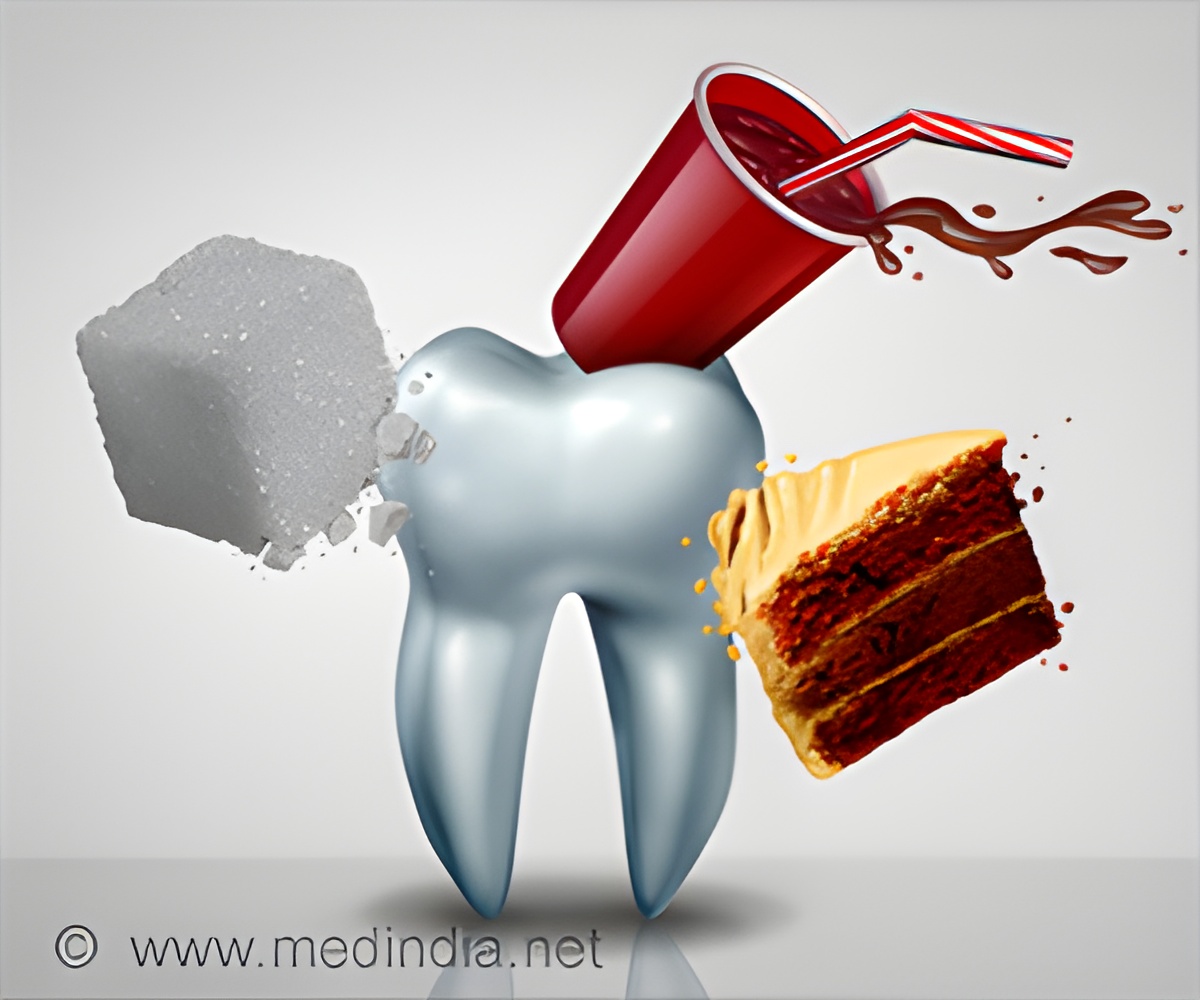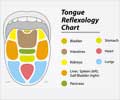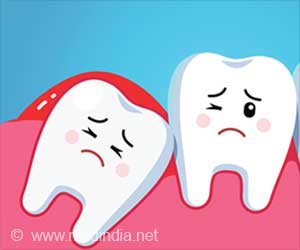A new study explores the relationship between perinatal nutritive behavior and its impact on the oral microbiomes of infants and children paving the way for tooth decay.

Maternal Nutrition and Oral Health Offer Clues to Childhood Tooth Decay
Researchers will examine relationships between perinatal nutritive behavior—such as dietary iron intake—and non-nutritive behavior—such as pica—and the oral microbiome during pregnancy and early life.They will assess the impact on infants’ early-life oral yeast colonization and infection and explore microbial compositions of pica substances. A two-year $380,000 award from the NIH supports Abu’s collaboration.
Pica is the compulsive eating of items lacking nutritional value. The behavior occurs most often in women and children, and substances consumed include seemingly harmless items, such as ice, or dangerous materials, such as dried paint, clay, soil, or metal (1✔ ✔Trusted Source
Associations between Maternal Education and Child Nutrition and Oral Health in an Indigenous Population in Ecuador
Go to source).
Pica may cause infections and deplete iron stores in pregnant women. The results can be devastating to maternal health and fetal development and carry long-lasting consequences.
People who have iron deficiency crave the taste and smell of non-food substances that make iron deficiency worse. Pregnant women who develop iron deficiency anemia have an increased risk of miscarriages, low-birthweight babies, and other poor-birth outcomes.
Other risk factors revealed from this study could inform prenatal counseling for underserved women and predict and prevent “Early Childhood Caries,” or severe tooth decay in young children.
Advertisement
Neonatal stunting and early childhood caries: A mini-review
Go to source).
Findings from the current study exploring maternal nutrition and the oral microbiome in early infancy will influence the scope of international research.
Advertisement
References:
- Associations between Maternal Education and Child Nutrition and Oral Health in an Indigenous Population in Ecuador - (https://www.mdpi.com/1660-4601/20/1/473 )
- Neonatal stunting and early childhood caries: A mini-review - (https://www.frontiersin.org/articles/10.3389/fped.2022.871862/full )
Source-Eurekalert











